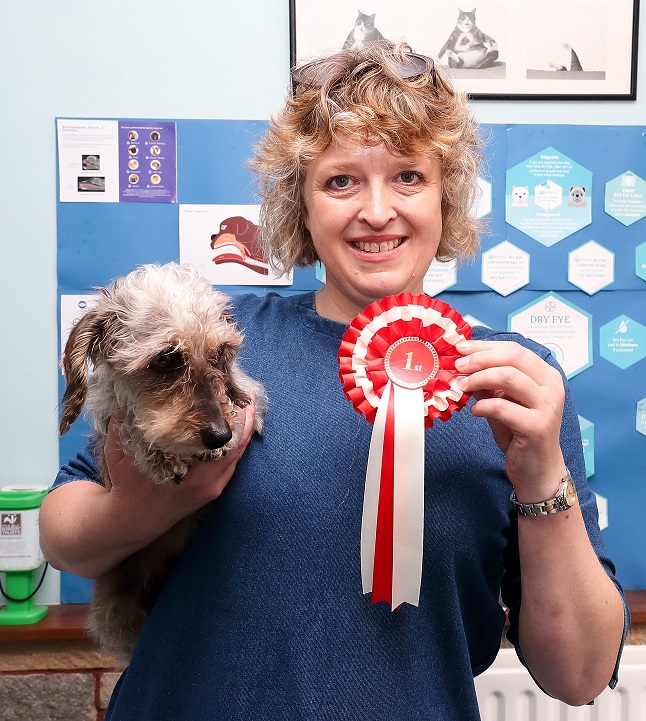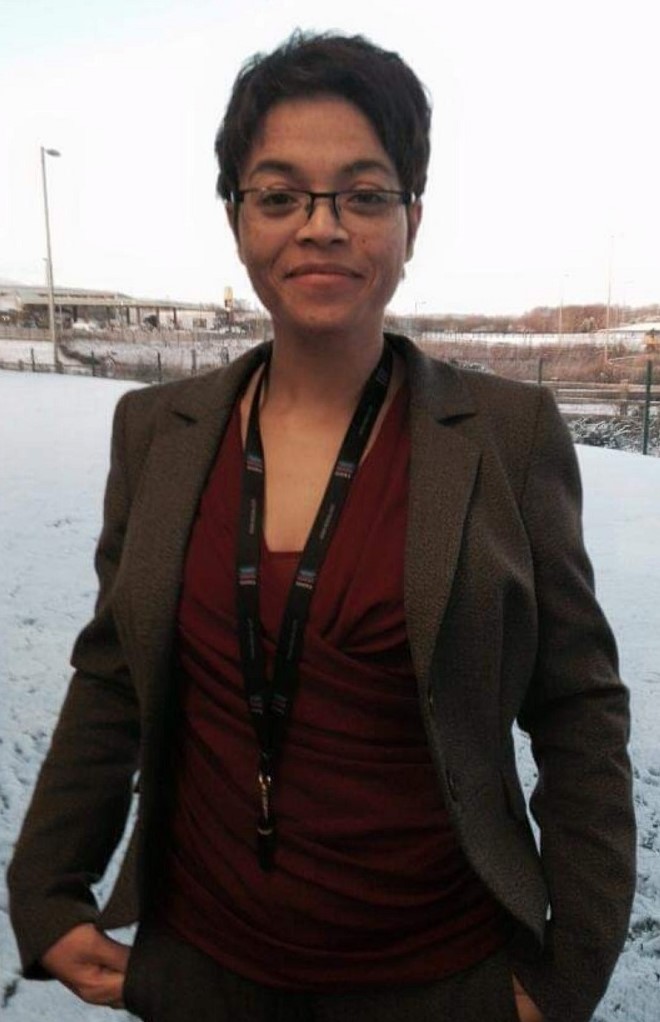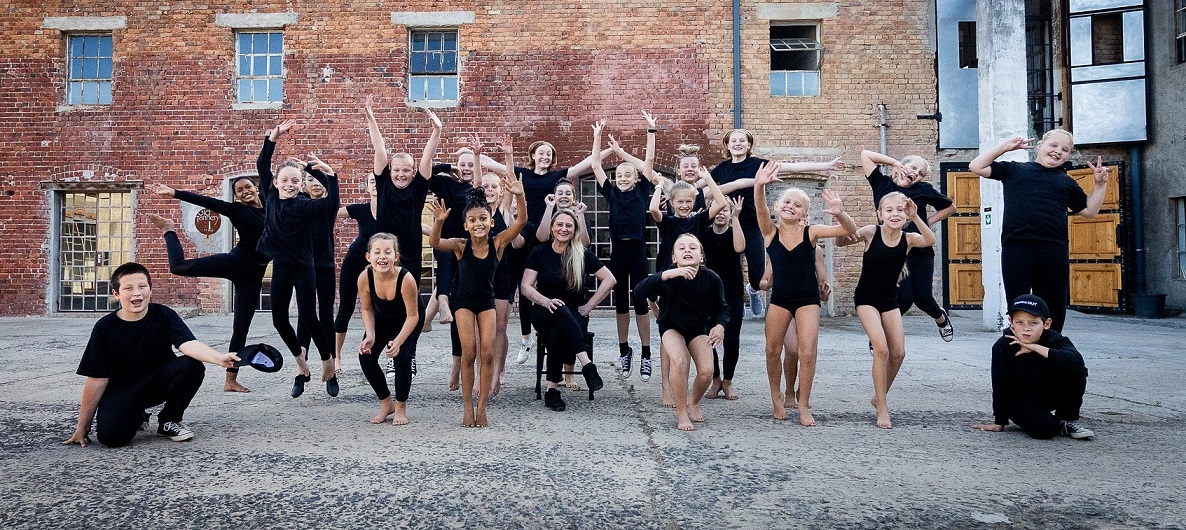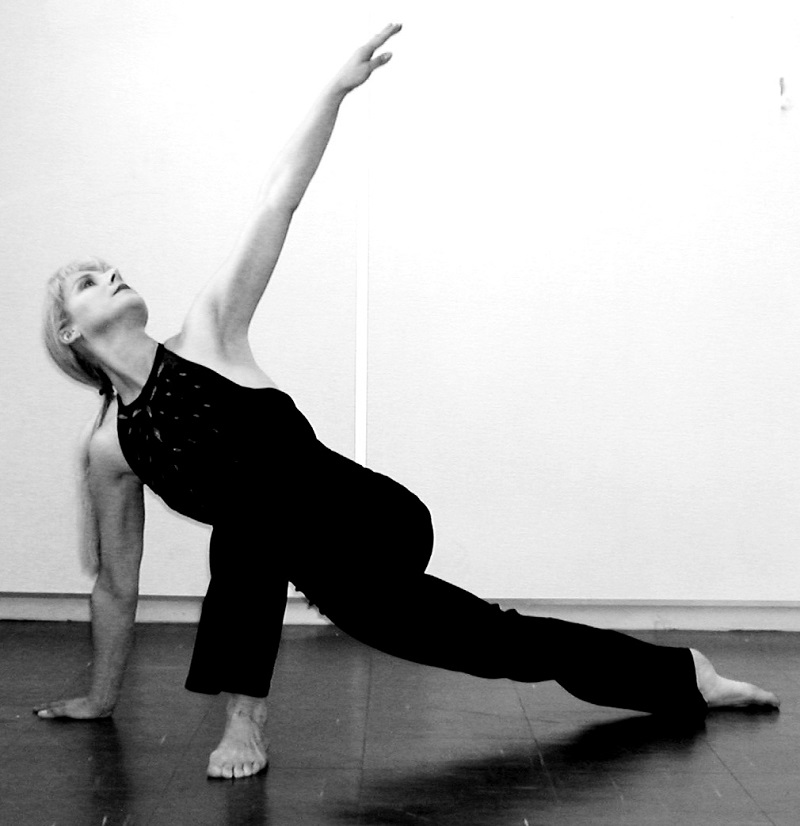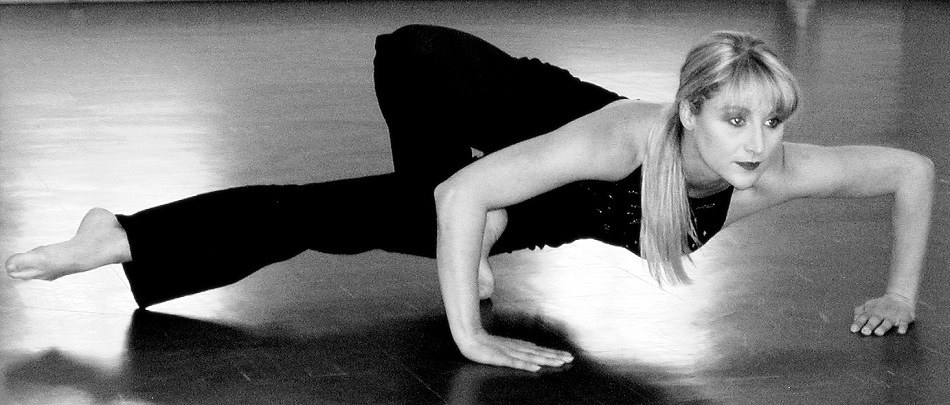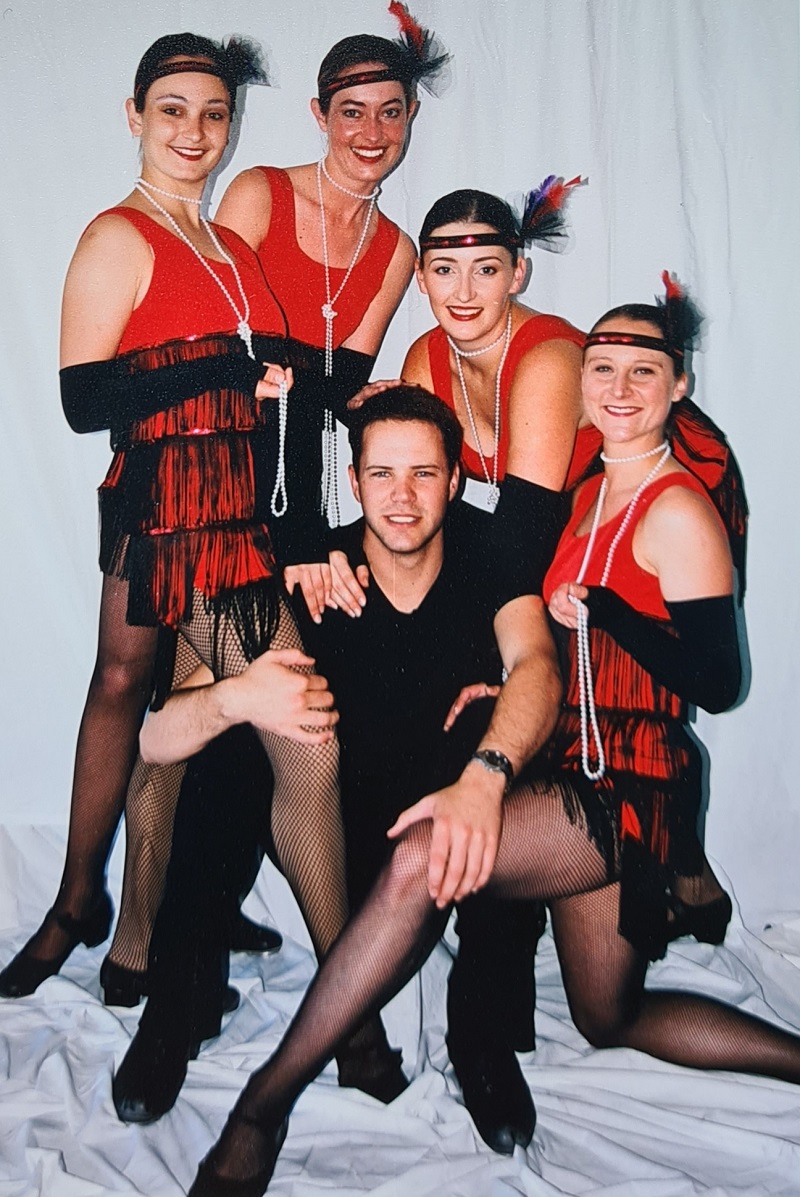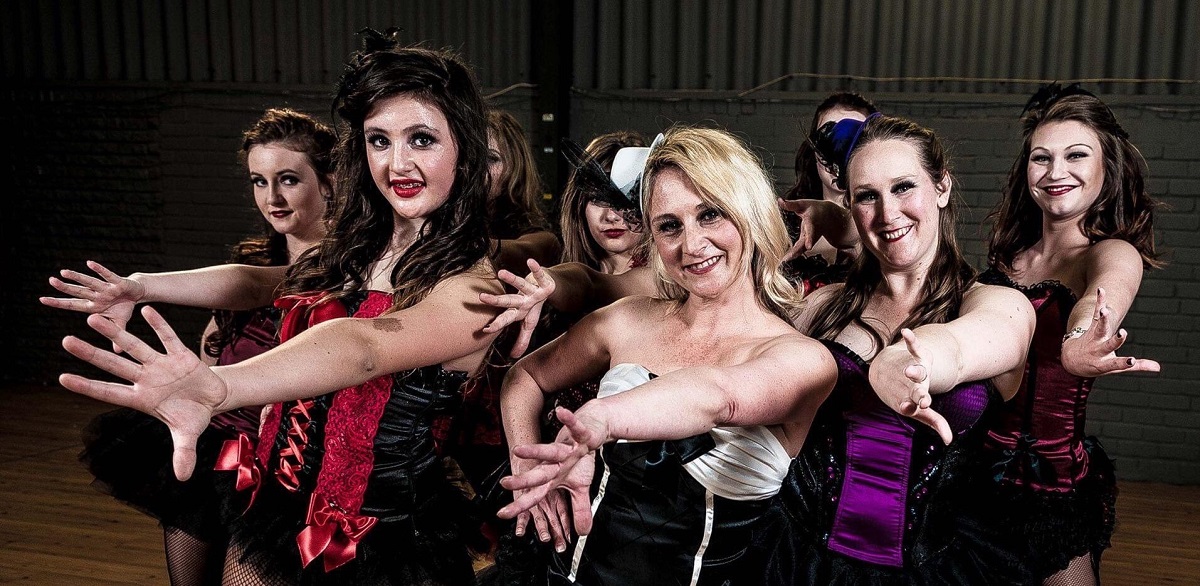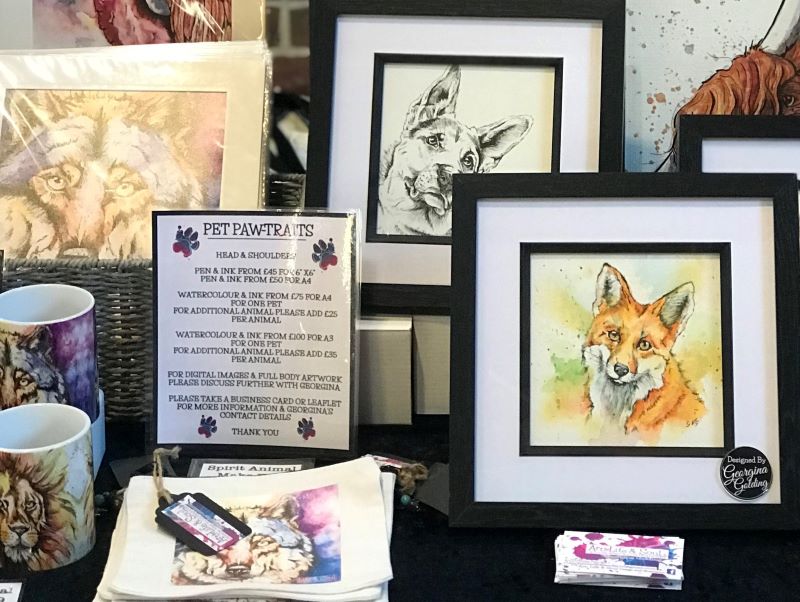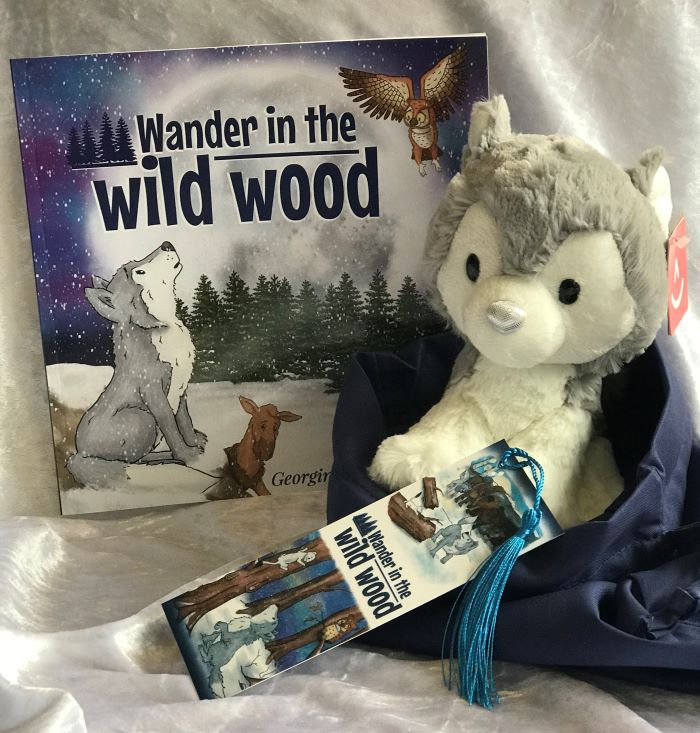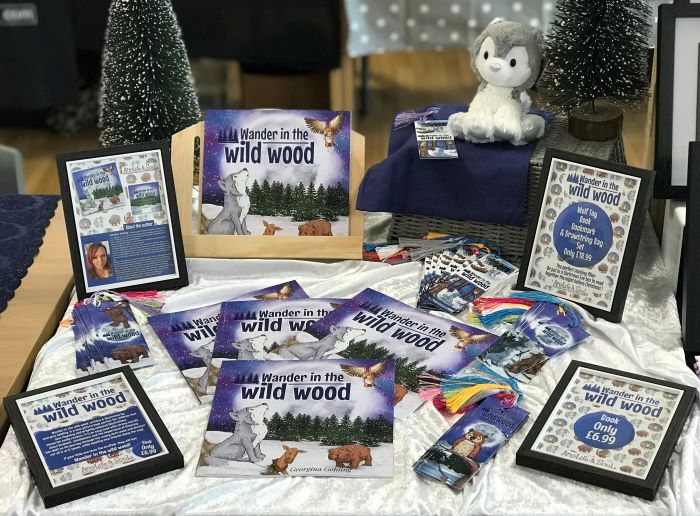
A WORK OF ARTi — obliterating excuses, following dreams
Photo by Dakota Corbin on Unsplash
I met ARTI SHAH on the set of Harry Potter & the Deathly Hallows.
An inspirational woman of note — her CV is sprinkled with blockbuster titles, like Star Wars: The Rise of Skywalker, Rogue One, Fantastic Beasts… (the list goes on) — Arti successfully eradicates all excuses for not following one’s dream.
I hope you’ll be as inspired & motivated as I am by this peek into her life.

Photo credit: Libby Christensen Photography
Arti, what’s the biggest challenge you’ve faced and overcome?
I was diagnosed with pseudoachondroplasia at the age of two, as my parents noticed I was growing slowly. I was never told that I was different; I was never bubble-wrapped. I was so grateful for my parents and my extended family who showed me so much love and instilled in me a desire to be independent and a belief that anything can be possible.
You could say that my life was ‘normal’, but what is normal? I knew I couldn’t run as fast as the other kids and I couldn’t reach many things, but I adapted and did whatever I could do. I never felt different. Not until I was 13 or 14, when I was walking home from school and a bunch of boys called me a ‘midget’ and threw stones at me. That was when I realised how different I was and how difficult my life was going to be. That was when I began to dislike the way I looked, who I was, and just being alive.
During this time I came across a magazine article about a young girl who was having a leg-lengthening operation, and I thought that this would be perfect for me to gain six inches in height. I spoke to my parents about this, and they were so supportive. They helped me to arrange a meeting with the surgeon and discuss the impact of the surgery on me. I was so excited, even though it meant taking a year out of school, which also meant that I would be behind by a year. But it didn’t matter. All I cared about was becoming taller. I would be accepted by society.
A week before I was due to go ahead with the operation, I realised that I wasn’t doing it for me; I was doing it to fit into society, what I believed society expected of me. I concluded that if I did not love myself, how could anybody else love me for who I am.
Cancelling the operation was the best decision I ever made.
Has acting always been your no. 1 dream?
When I was younger, I always enjoyed role play; and when drama was introduced to me in school, I absolutely loved it. And I’ve always loved the escapism of films. However, I didn’t pursue this in further education. It wasn’t until I graduated, when my year tutor mentioned that he could see me working in the entertainment world (maybe due to my big personality), that I actually seriously considered it. This prompted my move to London.
ATTACK THE BLOCK photo courtesy of Big Talk Productions
Tell us about your journey from media sales & recruitment to acting.
Before I could move to London to pursue acting, I needed to find a job, which wasn’t easy. Back in 2000 I met with so many recruiters who all said that they would help me find work. I knew I was employable: I was educated, well-spoken, and always got on well with people. But deep down I knew it was going to be a challenge. How would a recruiter be able to ‘sell’ a four-foot-tall person to the corporate world?
So I started applying directly to organisations. Which lead me to my first interview, for Media Sales. And I was hired on the spot. They said they liked me and had faith in me, and I cannot explain just how grateful I was.
This allowed me to move to London. While I settled into London living and learning about my new job, I also embarked on research into the acting world. I discovered I needed headshots and acting experience. I also needed money to spend on a good acting course. Which meant I had to leave my media sales job and look for one with a higher-earning potential.
A role in recruitment seemed like a good opportunity. Not only could I earn a little more but I could also recruit differently. I could make a difference. I had so often been judged on my appearance, and I was determined to not be judgmental about others’ physicality. And that’s what I did. I got a job in recruitment, and I recruited differently.
I spent the extra earnings on a method acting course and had headshots taken, and I started sending my CV out to agencies. I received a lot of rejections. But through one agent I got to audition for Blue Peter as a presenter. This was amazing! I didn’t get the job, but to audition in the Blue Peter Garden was phenomenal.
I then worked on a children’s show for a couple of episodes, which was great! I would use my work holidays to attend auditions and to film the episodes. It was a wonderful experience. But I found that there were a lot of stereotypical roles coming my way. For example: an elf during Christmastime. I knew I wasn’t in the entertainment industry to take on stereotypical roles; this was when I realised just how challenging the acting industry was. Even though I needed the experience, I was turning work down to stand up for what I believed in.
It took almost nine years for my film career to take off. And the timing could not have been better. As it turned out, I wasn’t the best recruiter, due to my strong belief in ethical recruiting rather than playing a numbers game. So in early 2009, due to the recession, I was made redundant. But things always happen for a reason. In that same year, I was chosen to be a Goblin in Harry Potter and the Deathly Hallows.
But this industry is fickle. I learnt very quickly that, for most actors, paid work isn’t regular. You could have a fantastic role one day, and the next few months could be extremely lean. Yet again, the timing could not have been better. A company I used to recruit for (in an ethical way) asked me to do some work for them. That’s when I set up my own recruitment business. And with every placement, I donated to charity.
Alongside my recruitment business, I continued to work in TV, theatre, commercials and movies like Guardians of the Galaxy, Attack the Block and World War Z.

STAR WARS: The Force Awakens photo credit: see TinyArti.com
Most memorable movie moment?
Star Wars: The Force Awakens. Working with such an amazing cast from the original films, I had to pinch myself to believe it was real. And holding a lightsaber was definitely a highlight!
You’re a wife, a mum, a motivational speaker, an actress, a corporate model, a creature performer… and now you’re writing a book! How do you find time to do everything?
Ohh, I honestly don’t know. You could say I love to keep busy. I do know that I need to make more time for myself, which I am trying to do. But I think I just manage to fit things in week by week and spread my time accordingly.
When, how & why did you become a motivational speaker?
I have always said I have a voice and I should use it. And I’ve always been motivated to try and change perceptions due to my four-foot-tall frame. In 2016, I got my first opportunity to do just that! A well-known university contacted my husband, Rutvig, and asked for me to come in and talk about how I started off in the film industry and what challenges I had to overcome. That was the beginning of my motivational speaking career.
The timing was just right: I was expecting my son, Zavian, and, without my realising it, he was the main purpose for my motivational speaking. I am passionate about helping society become more understanding with regard to how unique we all are — and how our differences should be embraced.

Photo credit: see TinyArti.com
What’s your motto?
Hard work, sheer determination and self-belief. I believe that with this in mind, anything is possible.
What has been your lowest moment?
When I had stones thrown at me and was called a midget, which is a word I absolutely hate. It’s so derogatory. I actually don’t know which hurt more: the name calling or the stones.
Who has been your greatest support?
My parents, my husband, my son, my brother, extended family, and friends. I am so grateful for the love and support of those around me.
Who is your greatest inspiration?
My son. He inspires me every day to do everything I can to change perceptions.

PARALYMPICS OPENING CEREMONY photo credit: see TinyArti.com
Steepest learning curve?
Accepting who I am and just going with it. It’s actually liberating.
Best nugget of advice you’ve been given?
My parents have always told me: ‘Look after your body, enjoy life to the fullest and don’t give up on your dreams.’
Do you have any words of wisdom or encouragement for those who perhaps see themselves as ‘less than’ — or are too insecure about following their dreams – because of a physical or mental ‘uniqueness’?
We are all different for a reason. Imagine if we all looked the same, how dull society would be. Love who you are, believe in yourself. You have a purpose. Do what you can to make your life your own. Celebrate you, celebrate your differences.

Photo credit: see TinyArti.com
Now I know that you’re currently working on getting your book published. What motivated you to share your life story?
When I moved to London, I had so many strange things happen to me. Often I would laugh about them with my aunt, and she suggested I write a book. So that’s what I started doing. I started writing about all of the situations I was faced with in London; and then I continued to write about my childhood, the hurdles, the fun things, my career, my family life and much more. During the writing process I realised that I needed to share my story with so many people, especially those who don’t like who they are and are suffering. I want to reach out and say it’s okay to be different; don’t suffer in silence.
Arti, what an inspiration you are. Here’s to you, and to your book! Looking forward to reading it one day soon.
READERS: I hope you enjoyed this interview. If you have any comments — or suggestions for the TITLE OF ARTI’S BOOK — please comment below. If you want to know more about Arti, pop over to her website or connect with her on Facebook, TikTok, Insta & Twitter.
Thank you, as always, for reading and subscribing. I am grateful for you all.
Tweetable TAKEAWAYS:
Be Bold. Stand up for what you believe in.
You can make a difference. Yes, YOU.
Embrace & celebrate your differences!
Look after your body, enjoy life to the fullest and don’t give up on your dreams.
You have a PURPOSE.
Just so you know…
I don’t receive any reward or commission for promoting any of the people or businesses on my blog. I just want to inspire & motivate as many people as possible to fulfil their purpose & potential.
If any other key points stood out for you, or you just want to let me know what you thought about this interview, feel free to comment below.
















